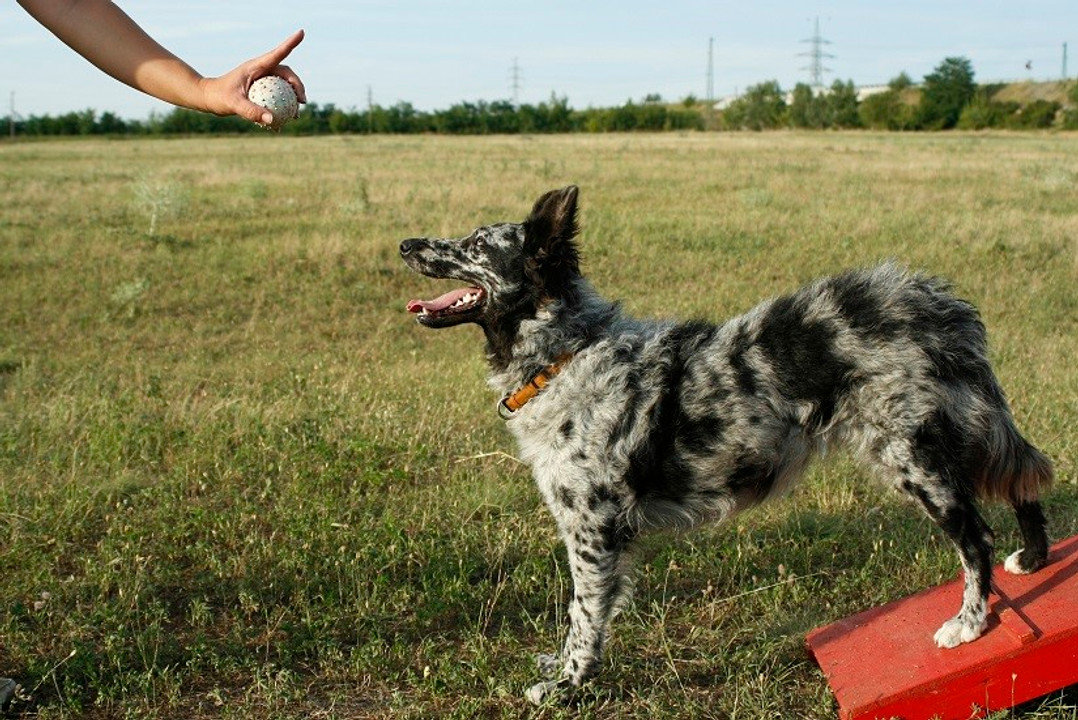How to Choose the Right Dog Trainer


How did you go about choosing a trainer for your dog? Did you read reviews? Did you choose the trainer a friend recommended? Did you make your decision based on cost? We would love your feedback because choosing a trainer can be such an overwhelming process for new dog owners.
The following are some ideas from two professional trainers to hopefully help you make the best choice for your dog if you need help with training.
Also check out our post on common dog training mistakes.
How to choose the right dog trainer
1. Ask about his or her credentials.
“There are no restrictions on who can call themselves dog trainers, so it is up to you to discover what level of experience a trainer has,” said Dawna Andrews, a professional dog trainer with Northwest Canine Counseling in Redmond, Wash.
She said it’s important to find a trainer who has “lots of real world experience” and regularly attends dog training conferences or even school to further their knowledge and “keep current on new training methods.”
2. Ask about actual hands-on experience.
“If they don't have a minimum of two solid years of work with dogs and people under their belt, they could be giving you wrong advice simply because of their inexperience,” said professional dog trainer Geralynn Cada.
She said asking about the trainer’s real-world experience could save you time and money because you won’t end up going through multiple trainers before finding the right one.
“Sometimes I'm the fourth or fifth trainer called in to help a serious or sometimes not-so-serious issue.”
3. Cost is of course a factor.
If your dog is having minor issues or you just need to learn the basics, group classes are generally a little less expensive than hiring a one-on-one trainer, Cada said.
Obviously your dog won’t get as much individualized attention in a group setting, but that's OK for some people.
The cost of a group class varies, depending on where you live and who is organizing the class. Cada said you can expect to pay around $250 for group classes.
This seems pretty accurate for where I live, but I’ve also taken my dog Ace to group classes run by non-profit dog training clubs where the fee was under $75 for a session of six weekly classes.
On the other hand, if you end up hiring a professional trainer to work individually with your dog, Cada said you could spend $450 on up to $2,500 or more, depending on your dog’s needs. (This wouldn’t necessarily be all up front but over time.)
4. Ask what types of training methods the trainer uses.
Since not every dog learns in the same way or at the same speed, Andrews said to look for a trainer who understands this and doesn’t reply on a “cookie-cutter approach.”
“A good trainer is very creative and can think of endless way to teach even one behavior,” she said. “You should also feel comfortable with the methods and equipment used to train your dog. If you don’t feel comfortable with something, let the trainer know.”
If the trainer isn’t willing to train your dog another way, she said you shouldn’t feel like you have to continue with that person.
Cada said she looks for trainers who only use positive training methods but believes successful trainers know how to “work with many methods and know many breeds.”
When dog owners are facing frustrating or embarrassing behaviors with their dogs, she said “the only mistake you can make is to not train at all.”
Have you hired a trainer for your dog? How did you choose that trainer?
Explore Popular Articles
-
How to Pick the Best Dog Collars for Large Dogs?
Mar 12, 2025Large dogs bring a special kind of joy to any household. Whether it’s the calm, noble presence
-
What Is a Traffic Leash for Dogs?
Feb 21, 2025Picture this: you’re walking your lovable Labrador, Sammy, through a bustling city side
-
What Dog Collars Are Recommended for Saint Bernards? A Comprehensive Guide
Feb 12, 2025Saint Bernards holds a special place in the hearts of dog lovers worldwide. With their iconic




